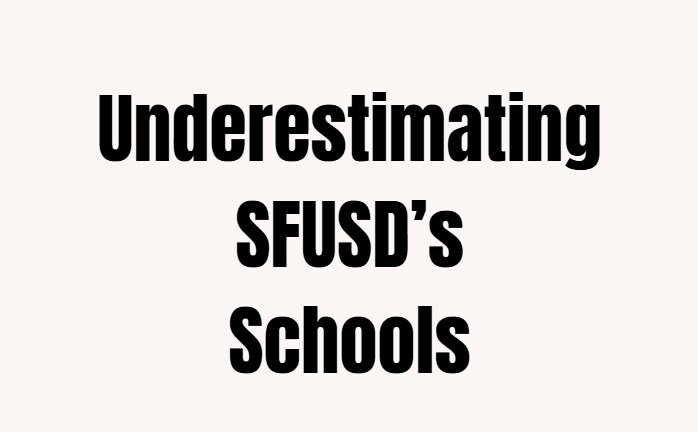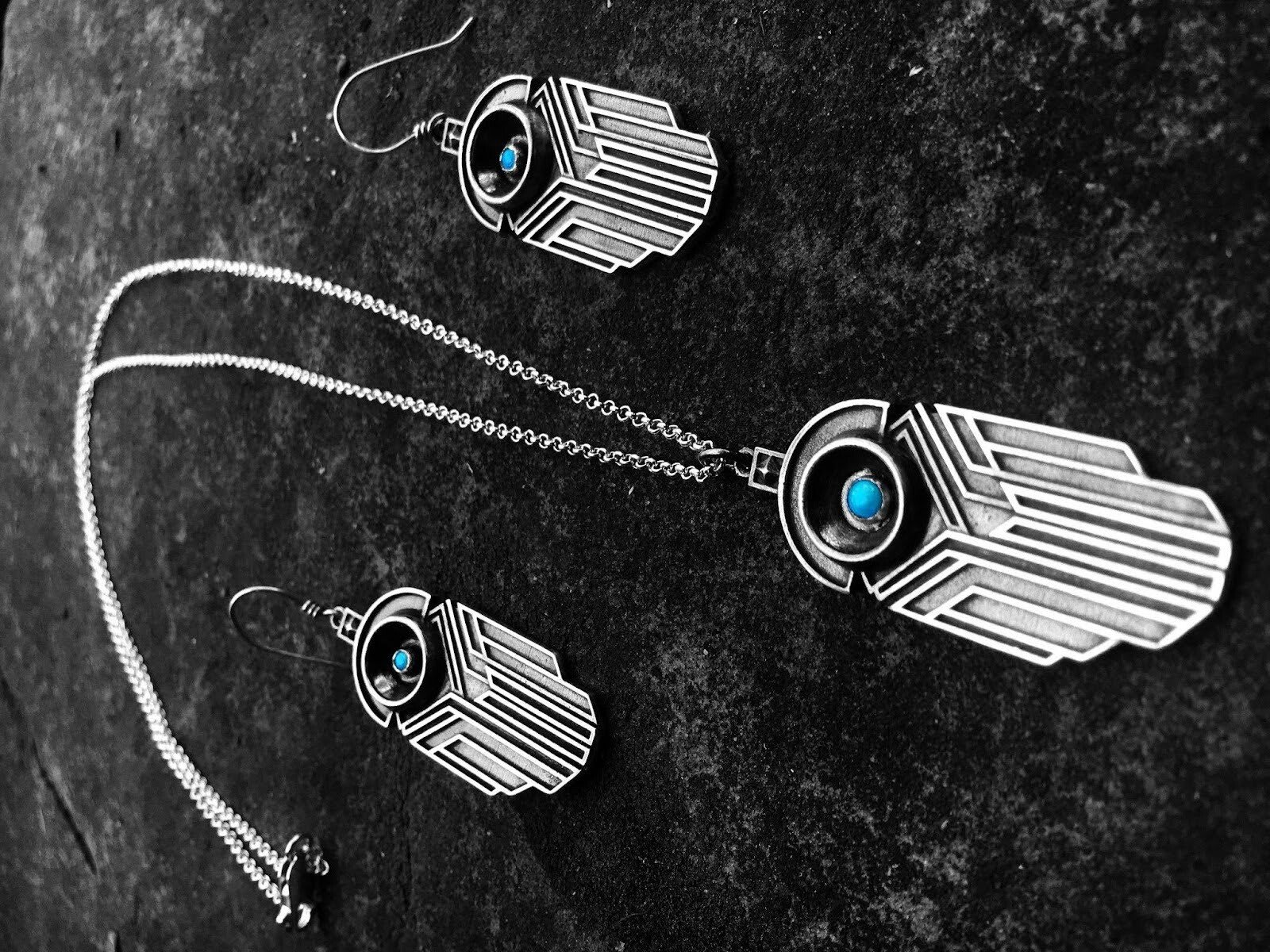On Thursday, the San Francisco underground music scene lost a pivotal figure. Scott Rogers, better known to many as Scott Alcoholocaust, died after a year-and-a-half-long battle with cancer. The pandemic shuttered the clubs where Scott booked shows, but as the city opens back up, his loss will be felt tremendously by any fan of underground rock.
When I was a teenager, playing in punk bands in the goofy, nerdy scene in the East Bay, San Francisco seemed ominous. It was all dark bars and neck tattoos, with bands that seemed like they were bad guys straight from central casting. Now that I’m older, I realize that those guys with neck tattoos could be super sweet and the big-ass drunk dude with the studs all over his denim vest was the one who made the scene tick and had a heart as big as the city.
Scott booked hundreds, if not thousands of shows in San Francisco and beyond, in dive bars and dead ends including The Knockout, Thee Parkside, El Rio, Annie’s Social Club, Benders, The Eagle and more. If you went to a punk or metal show in San Francisco in the last twenty years, it was probably put on by Scott, and you probably ran into him, working the door or standing right up front next to the stage with a goofy grin and a pint of beer.
Scott worked hard for bands, booking hundreds of small local acts that would have struggled to find a place to play as well as larger touring bands and local favorites. Despite his unkempt appearance, he was a master of making sure that bands kept their shit together, and he was transparent and fair with the door money. He would always lay out exactly what the take at the door was, what the band’s cut was and what he was getting (usually not much).
When he was first diagnosed, in the spring of 2020, there was a gofundme set up, and the outpouring of support read like a who’s-who of Bay Area punk, metal and beyond. During his Illness, Scott would often organize walks around SF with friends. Annie Whiteside, who ran Annie’s Social Club, said that these walks were organized like a show, with flyers that reminded everyone to wear comfortable shoes. She said that, at the last walk, they walked five miles, even though Scott was using a cane and greatly diminished, and that Scott handed out flyers for the walk, just like the flyers he would hand out to everyone announcing his upcoming shows.
It’s nearly impossible to find a figure in any music scene who is universally respected, but Scott Rogers was one of them. The outpouring of grief and accolades on social media has been overwhelming.
John No, of Fleshies and Street Eaters, writes:
Scott was the actual center of San Francisco to a hell of a lot of us, with a Nevada City childhood but also unfathomably deep SF roots across generations of change, roots that nourished a wildass but ethical and organized dynamo man-tree who lived exactly as he wanted without compromise, and who was possessed of incredible tenderness and empathy to his friends, community, and musicians he relentlessly championed and supported (even sometimes to his own fiscal and physical detriment).
Billy Brown, from Shoot the Hostages and Crash and Burn:
We always knew that when we got to the Bay Area we’d have some good shows, and more often than not, Scott was behind at least one of them. He always set up good bills, promoted, and paid well. I can’t stress enough how someone like Scott kept little bands like ours having some bit of hope that what we were doing wasn’t a waste of time.
I spoke to Ravi Durbeej from Pins of Light, who had known and worked with Scott since their days together at Annie’s Social Club, and he said that Scott was unlike anyone else in that he knew no-one who ever had a beef with Scott. Even on the Tuesday before he passed away, Scott “was still cracking jokes, and still had that charming smile.”
Everyone might not have known his name, but thousands of people experienced the music and nightlife that Scott Rogers enabled. It’s hard to imagine the city without him.
The post Bay Area Music Loses a Legend with the Passing of Scott Alcoholocaust appeared first on Broke-Ass Stuart's Website.










